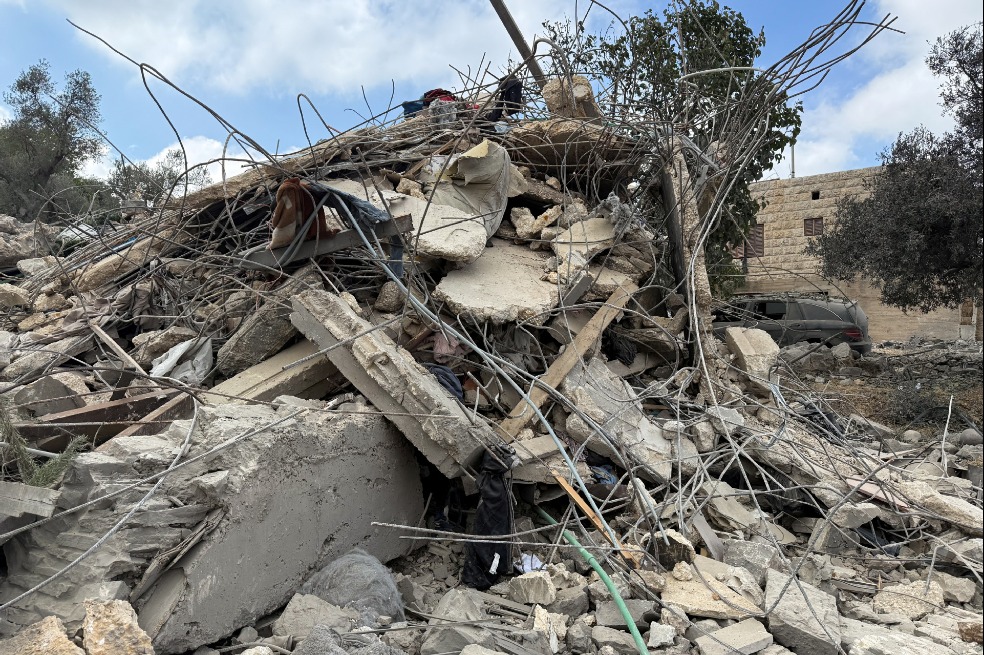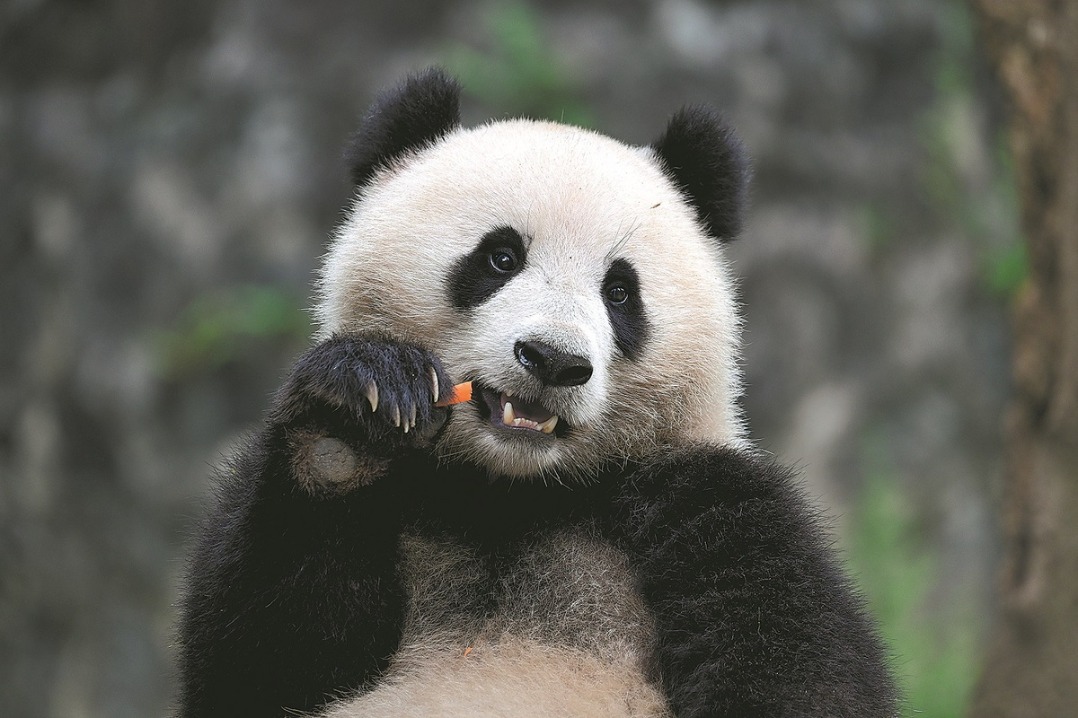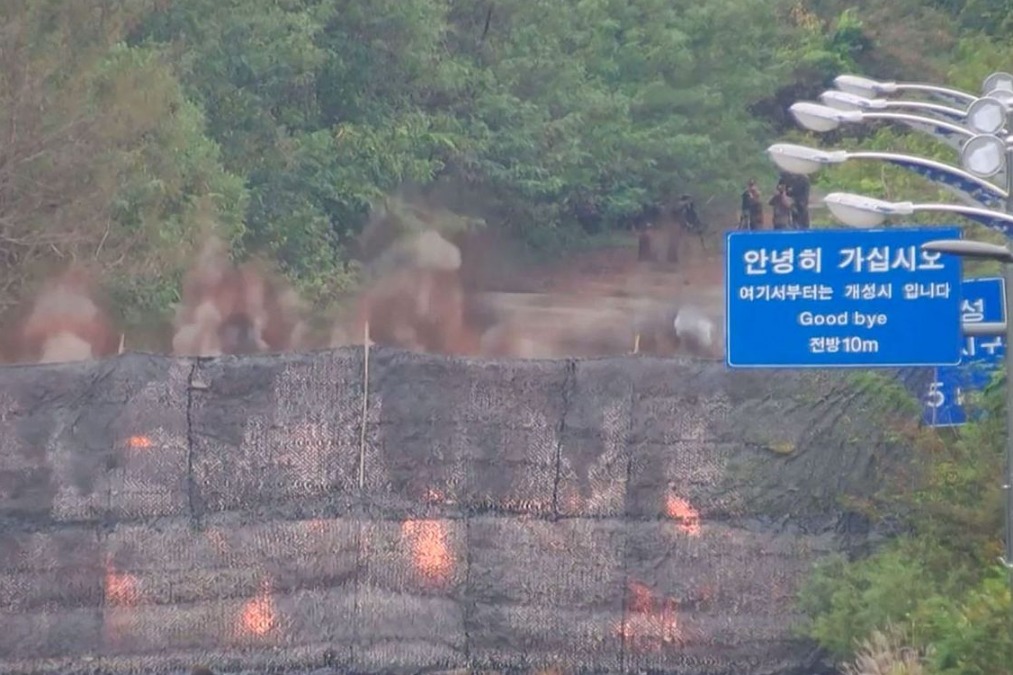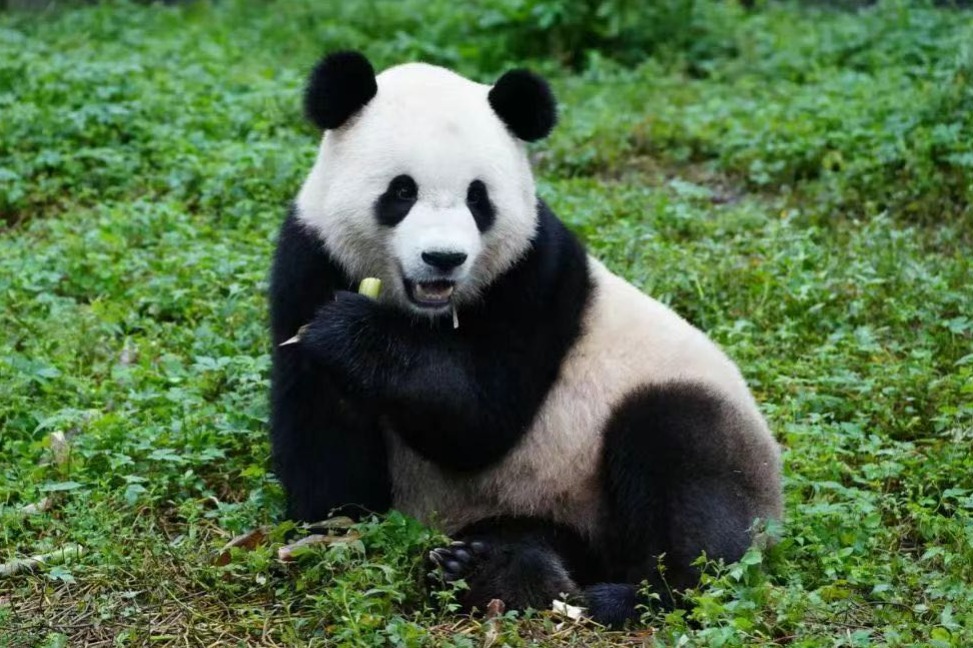China, EU to hold virtual leaders' meeting

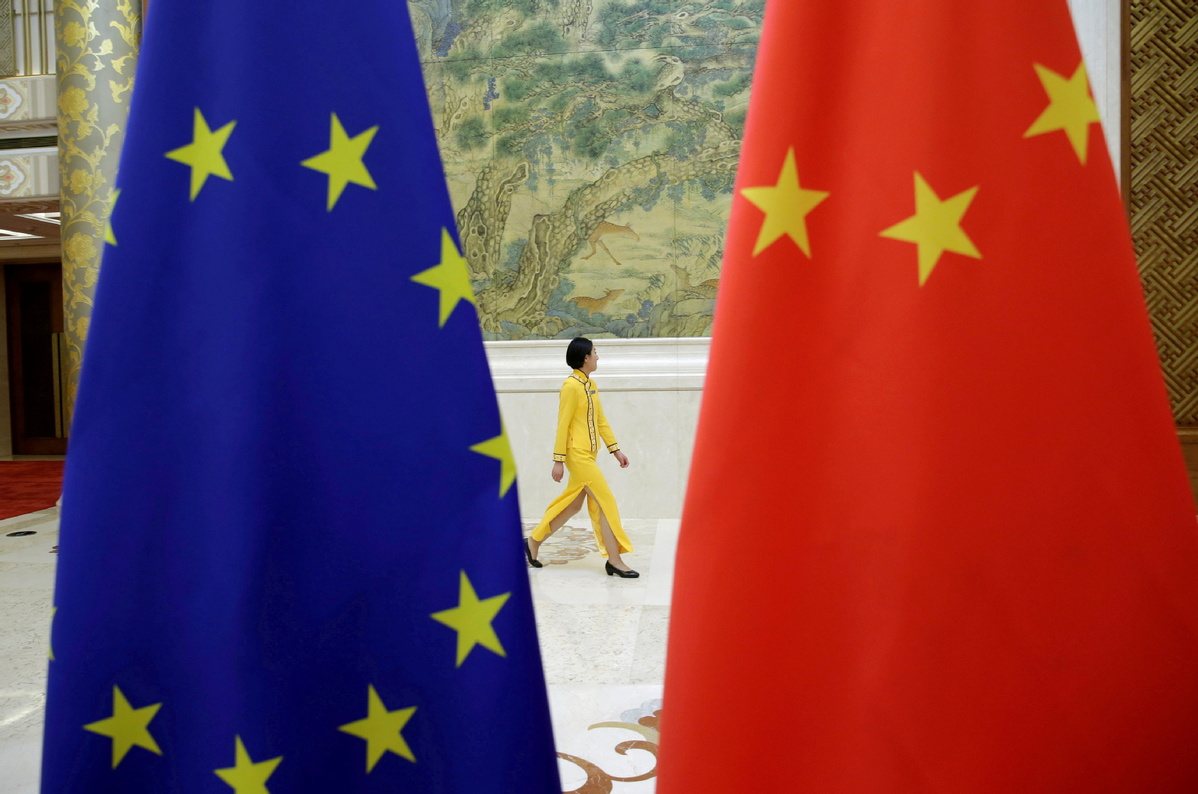
Agenda expected to include Ukraine, economic issues and climate change
China and the European Union will hold their 23rd leaders' meeting via video link on Friday amid rising uncertainty in the international landscape resulting from the Ukraine crisis.
President Xi Jinping will meet virtually with European Council President Charles Michel and European Commission President Ursula von der Leyen, and Premier Li Keqiang will join the two EU leaders to chair the China-EU leaders' meeting, Foreign Ministry spokesman Wang Wenbin said on Wednesday.
Noting that the previous China-EU leaders' meetings have played an important role in strategically guiding the development of bilateral ties, Wang said that amid the volatile international situation, the two sides should strengthen strategic communication, enhance mutual trust, build up consensus and develop dialogue and cooperation on the basis of mutual respect, mutual benefit and win-win results.
The Ukraine crisis will be a key topic for leaders' discussion during the upcoming leaders' meeting, and the agenda of the meeting will be wide-ranging, also encompassing economic issues, climate, global recovery and regional issues, according to an EU news release after the virtual meeting on Tuesday between the EU's High Representative for Foreign Affairs and Security Policy Josep Borrell and State Councilor and Foreign Minister Wang Yi.
During his meeting with Borrell, Wang underlined the importance of China-EU ties in the process toward multipolarity in the world, and he called on both sides to make good preparations for high-level exchanges in the next stage to provide strategic guidance for bilateral cooperation and send a positive message to the world.
Borrell said that EU-China relations are facing some problems, but the EU remains committed to improving bilateral relations.
On the Ukraine crisis, Wang said that China is ready to work with the international community to continue to call for a cease-fire and peace talks and for preventing a large-scale humanitarian crisis and opening the door to peace.
He stressed that complex security issues should not be dealt with in a simplistic approach of "friend or foe" or "black or white", and every country has the right to independently decide its own foreign policies.
"The facts have shown that the outdated Cold War mentality and camp confrontation lead nowhere in Europe, let alone the acts of taking sides and dividing the world. Maximized sanctions will only hurt each other, complicate the situation and intensify the tensions," he said. "To make countries and people who are not a party to the conflict pay for it is unfair and unlawful."
Borrell introduced the EU's position on the Ukraine crisis and said that the EU does not seek to change Russia's political system, does not want to see an escalation of the situation, and opposes a "new Cold War" and camp confrontation in whatever form.
Experts said that China and the EU should work together to strengthen strategic mutual trust and enhance mutual understanding, which would benefit both sides.
Zhou Hong, a professor of European politics and modern history and director of the Institute of European Studies at the Chinese Academy of Social Sciences, said that despite misunderstandings between China and Europe in the political and social fields, trust remains between them.
The Russia-Ukraine conflict has made the EU more aware of China's significant role in upholding world peace, Zhou added.

















